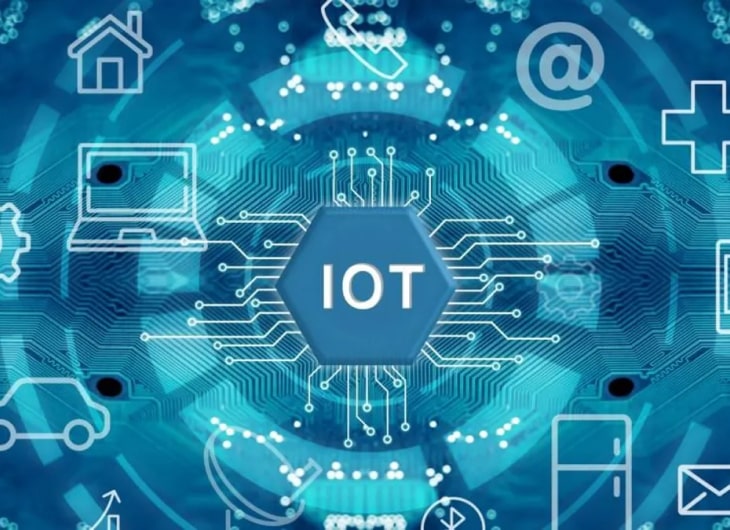Contact Info

The Internet of Things (IoT) has emerged as a transformative force, reshaping the way we interact with technology and the world around us. This interconnected network of devices, sensors, and systems has given rise to a new era of innovation and opportunities, with significant implications for the field of software development. In this article, we delve into the growth of IoT and its profound impact on software development methodologies, challenges, and future prospects.
Understanding the Internet of Things (IoT)
The Internet of Things refers to a vast network of interconnected devices and objects that communicate and exchange data over the internet. These devices, often embedded with sensors and actuators, are capable of collecting and transmitting data, enabling real-time monitoring, control, and automation. IoT applications range from smart homes and cities to industrial automation, healthcare, transportation, agriculture, and more.
The Proliferation of IoT Devices
In recent years, we have witnessed an exponential increase in the number and variety of IoT devices. Smartphones, wearables, home appliances, industrial machines, vehicles, and infrastructure components are now equipped with IoT capabilities. The proliferation of these devices has created an immense amount of data that can be harnessed to derive valuable insights and improve decision-making.
Impact on Software Development
1. Data Handling and Processing:
IoT generates vast amounts of data, necessitating efficient mechanisms for data collection, storage, processing, and analysis. Software developers must design solutions that can handle big data and implement advanced analytics to extract meaningful information from the collected data.
2. Security Challenges:
The interconnected nature of IoT devices poses significant security challenges. Developers need to prioritize security by implementing robust encryption, authentication mechanisms, and secure communication protocols to safeguard sensitive data and prevent unauthorized access and cyber-attacks.
3. Real-time Processing and Responsiveness:
IoT applications often require real-time processing and immediate responses to events or triggers. Software must be designed to handle real-time data streams, ensuring timely actions and maintaining a seamless user experience.
4. Interoperability and Standards:
The diverse ecosystem of IoT devices and platforms necessitates adherence to standardized protocols and interoperability to ensure seamless communication and integration across various devices and systems. Software developers play a crucial role in implementing and adopting these standards.
5. Scalability and Flexibility:
IoT systems must be designed to handle scalability efficiently. As the number of connected devices grows, the software must scale to accommodate the increased load while maintaining performance. Flexible architectures and cloud-based solutions can aid in achieving this scalability.
6. Edge Computing:
With the increasing volume of data generated by IoT devices, edge computing has gained prominence. Software developers need to design solutions that leverage edge computing to process data locally on the device or in nearby edge servers, reducing latency and bandwidth requirements.
7. Continuous Integration and Deployment (CI/CD):
The fast-paced development and deployment cycle of IoT applications require agile methodologies and continuous integration. Software development teams must embrace CI/CD practices to deliver updates, enhancements, and patches efficiently.
Future Prospects
As the IoT landscape continues to evolve, software development will need to keep pace with emerging technologies and paradigms. Developers will focus on leveraging Artificial Intelligence (AI) and Machine Learning (ML) to enhance IoT applications, enabling predictive analytics, intelligent decision-making, and automation. Additionally, advancements in 5G connectivity will further revolutionize IoT by providing faster and more reliable communication, enabling real-time applications and enhancing user experiences.
In conclusion, the rise of IoT has brought about a paradigm shift in software development, necessitating a reevaluation of traditional approaches and the adoption of innovative strategies to meet the demands of a connected and data-driven world. Software developers will play a vital role in shaping the future of IoT, creating secure, scalable, and efficient solutions that harness the true potential of this transformative technology.